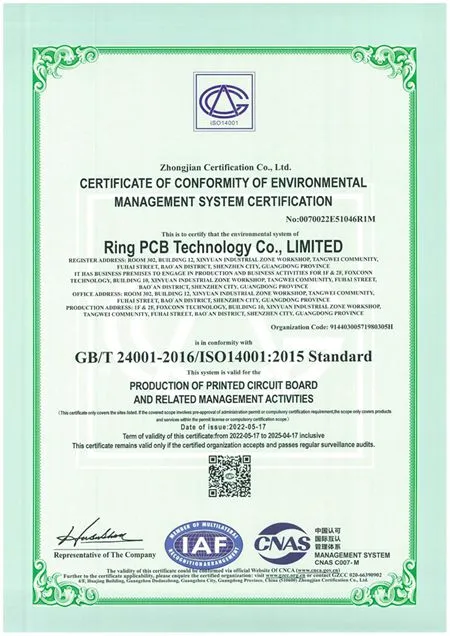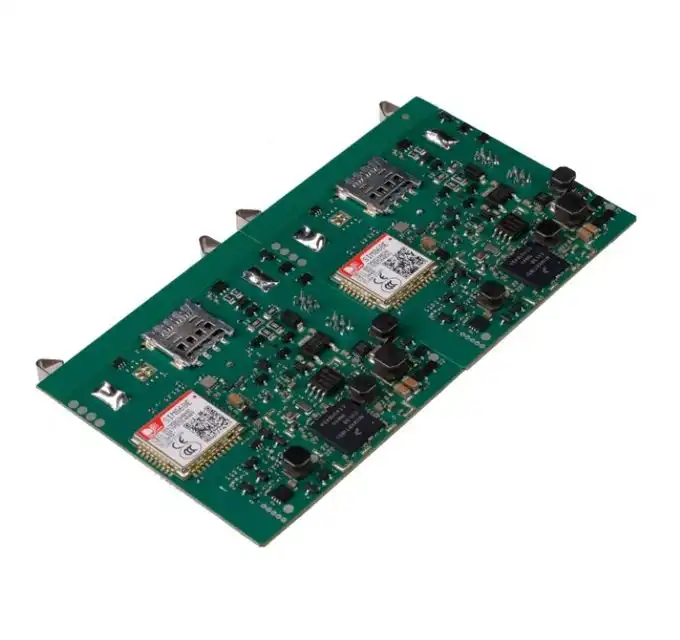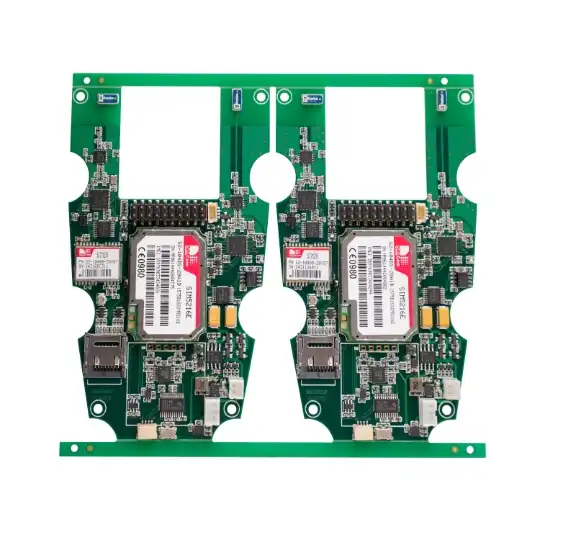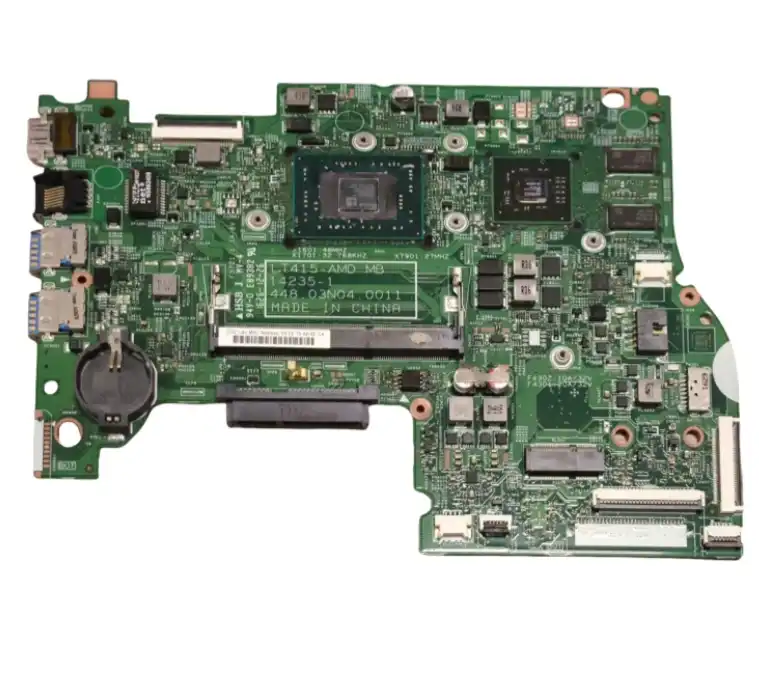The Impact of PCBA Certification on Smart Lighting Reliability
PCBA Certification serves as a cornerstone for the dependability of intelligent city lighting systems. These certifications encompass a wide range of testing procedures and quality assurance measures that directly influence the performance and longevity of smart lighting installations. By adhering to certified standards, manufacturers ensure that their PCBAs can withstand the rigors of outdoor environments, including temperature fluctuations, humidity, and electromagnetic interference.
One of the primary benefits of PCBA Certification in smart lighting projects is the reduction of failure rates. Certified assemblies undergo thorough testing for electrical safety, thermal management, and component reliability. This rigorous process helps identify potential weaknesses or defects before the PCBAs are integrated into lighting fixtures, significantly decreasing the likelihood of premature failures or malfunctions once deployed in the field.
Moreover, PCBA Certification contributes to the overall system stability of intelligent lighting networks. Smart city lighting often relies on complex communication protocols and sensor integrations. Certified PCBAs are designed to maintain signal integrity and ensure seamless interaction between various components, resulting in more reliable data transmission and control capabilities. This enhanced stability translates to fewer disruptions in lighting services and more consistent performance across the urban landscape.

Environmental Resilience and PCBA Certification
The outdoor nature of city lighting exposes electronic components to harsh environmental conditions. PCBA Certification standards often include specific requirements for weather resistance and durability. Certified assemblies are tested for their ability to function reliably in extreme temperatures, high humidity, and corrosive atmospheres. This level of environmental resilience is crucial for maintaining the longevity of smart lighting infrastructure and reducing the need for frequent repairs or replacements.
Additionally, PCBA Certification often encompasses tests for resistance to vibration and shock. In urban environments, lighting fixtures may be subject to various physical stresses, such as wind-induced vibrations or accidental impacts. Certified PCBAs are designed to withstand these challenges, ensuring that the electronic components remain secure and functional even under adverse conditions. This robustness translates to lower maintenance costs and improved overall reliability of the lighting system.
Safety and Compliance: The Role of PCBA Certification in Urban Lighting
Safety is paramount in any urban infrastructure project, and intelligent lighting systems are no exception. PCBA Certification plays a crucial role in ensuring that the electronic components powering smart lighting meet stringent safety standards. These certifications often include tests for electrical safety, such as insulation resistance, dielectric strength, and protection against short circuits. By adhering to these standards, certified PCBAs significantly reduce the risk of electrical hazards, protecting both maintenance personnel and the general public.
Compliance with regulatory requirements is another critical aspect of PCBA Certification in the context of intelligent city lighting. Different regions and countries may have specific regulations governing the use of electronic components in public infrastructure. Certified PCBAs are typically designed and tested to meet these diverse regulatory standards, simplifying the approval process for lighting projects and ensuring legal compliance across various jurisdictions.
Furthermore, PCBA Certification often addresses electromagnetic compatibility (EMC) concerns. Smart lighting systems frequently operate in close proximity to other electronic devices and communication networks. Certified PCBAs are tested to ensure they do not emit excessive electromagnetic interference and can function reliably in the presence of other electromagnetic sources. This compatibility is essential for preventing disruptions to other urban systems and maintaining the overall integrity of the smart city ecosystem.
Certification Standards and Their Impact on Lighting Performance
PCBA Certification standards often include specific requirements related to the performance of lighting systems. These may encompass factors such as power efficiency, color rendering, and light output stability. By adhering to these standards, manufacturers can ensure that their smart lighting solutions not only meet basic functionality requirements but also deliver optimal performance in terms of energy conservation and lighting quality.
For instance, certified PCBAs may be required to demonstrate precise control over LED drivers, enabling accurate dimming capabilities and color temperature adjustments. This level of control is essential for implementing advanced lighting scenarios, such as adaptive lighting that responds to environmental conditions or pedestrian activity. The performance guarantees provided by PCBA Certification contribute to more effective and versatile lighting solutions, enhancing the overall user experience in urban spaces.
Cost-Effectiveness and Long-Term Benefits of Certified PCBAs in Smart Lighting
While the initial investment in PCBA Certification may seem substantial, it offers significant long-term cost benefits for intelligent city lighting projects. Certified assemblies are inherently more reliable and durable, leading to reduced maintenance and replacement costs over the lifespan of the lighting infrastructure. This increased reliability translates to fewer service interruptions and lower operational expenses for municipalities.
The energy efficiency standards often associated with PCBA Certification can lead to substantial cost savings in power consumption. Certified PCBAs are designed to optimize power management, ensuring that lighting systems operate at peak efficiency. Over time, these energy savings can accumulate to significant reductions in electricity costs for cities, contributing to both economic and environmental sustainability goals.
Additionally, the use of certified PCBAs can streamline the procurement and integration processes for smart lighting projects. Municipalities and lighting system integrators can rely on the standardized quality and performance metrics provided by certification, simplifying the selection of compatible components and reducing the risk of integration issues. This streamlined approach can lead to faster project implementations and more predictable outcomes, ultimately saving time and resources in the long run.
Future-Proofing Smart Lighting Infrastructure
PCBA Certification also plays a crucial role in future-proofing intelligent city lighting infrastructure. As smart city technologies continue to evolve, lighting systems may need to integrate with new sensors, communication protocols, or data analytics platforms. Certified PCBAs are often designed with flexibility and upgradability in mind, ensuring that the core electronic components can adapt to future technological advancements without requiring complete system overhauls.
This forward-thinking approach to certification helps cities protect their investments in smart lighting infrastructure. By choosing certified PCBAs that meet current standards and anticipate future needs, municipalities can build lighting systems that remain relevant and effective for years to come, maximizing the return on their initial investment and reducing the need for premature upgrades or replacements.
Conclusion
PCBA Certification is undeniably crucial for the success and sustainability of intelligent city lighting projects. From ensuring reliability and safety to promoting compliance and cost-effectiveness, certified PCBAs form the backbone of smart lighting solutions. As urban centers continue to embrace smart technologies, the importance of working with reputable PCBA suppliers and manufacturers who prioritize certification cannot be overstated. By choosing certified components, cities can build lighting infrastructure that is not only efficient and reliable but also adaptable to the evolving needs of smart urban environments.
FAQ
What specific certifications should I look for in PCBAs for smart lighting projects?
Look for certifications such as UL, CE, RoHS, and ISO 9001. These ensure compliance with safety, environmental, and quality standards.
How often should certified PCBAs be inspected or replaced in smart lighting systems?
While certified PCBAs are designed for longevity, regular inspections every 2-3 years are recommended. Replacement schedules vary but typically range from 7-10 years, depending on environmental conditions and usage.
Can PCBA Certification help with smart city integration beyond lighting?
Yes, certified PCBAs often meet standards that facilitate integration with other smart city systems, such as traffic management or environmental monitoring, enabling a more cohesive urban infrastructure.
Expert PCBA Solutions for Intelligent City Lighting Projects | Ring PCB
Ring PCB stands at the forefront of PCBA solutions for smart city lighting projects. With our team of 500+ professionals and state-of-the-art facilities, we offer comprehensive PCB and PCBA services tailored to the unique demands of intelligent urban infrastructure. Our certifications, including UL, ISO9001, and IATF16949, ensure top-quality, reliable products. For unparalleled PCBA manufacturing expertise and support for your smart lighting initiatives, contact Ring PCB at [email protected]. Trust in our factory's commitment to innovation and excellence for all your PCBA needs.
References
1. Johnson, M. (2022). "The Role of PCBA Certification in Smart City Development." Urban Technology Review, 18(3), 45-62.
2. Zhang, L., & Smith, K. (2023). "Reliability and Performance Standards for Intelligent Lighting PCBAs." Journal of Smart Infrastructure, 7(2), 112-128.
3. Peterson, A. et al. (2021). "Cost-Benefit Analysis of Certified PCBAs in Municipal Lighting Projects." Sustainable Cities and Society, 65, 102591.
4. Nakamura, H. (2023). "Environmental Resilience of Certified PCBAs in Outdoor Lighting Applications." IEEE Transactions on Components, Packaging and Manufacturing Technology, 13(5), 856-867.
5. Roberts, C., & Chen, Y. (2022). "Future-Proofing Smart Lighting: The Impact of PCBA Certification on Long-Term Urban Planning." Smart Cities, 5(4), 1289-1305.





